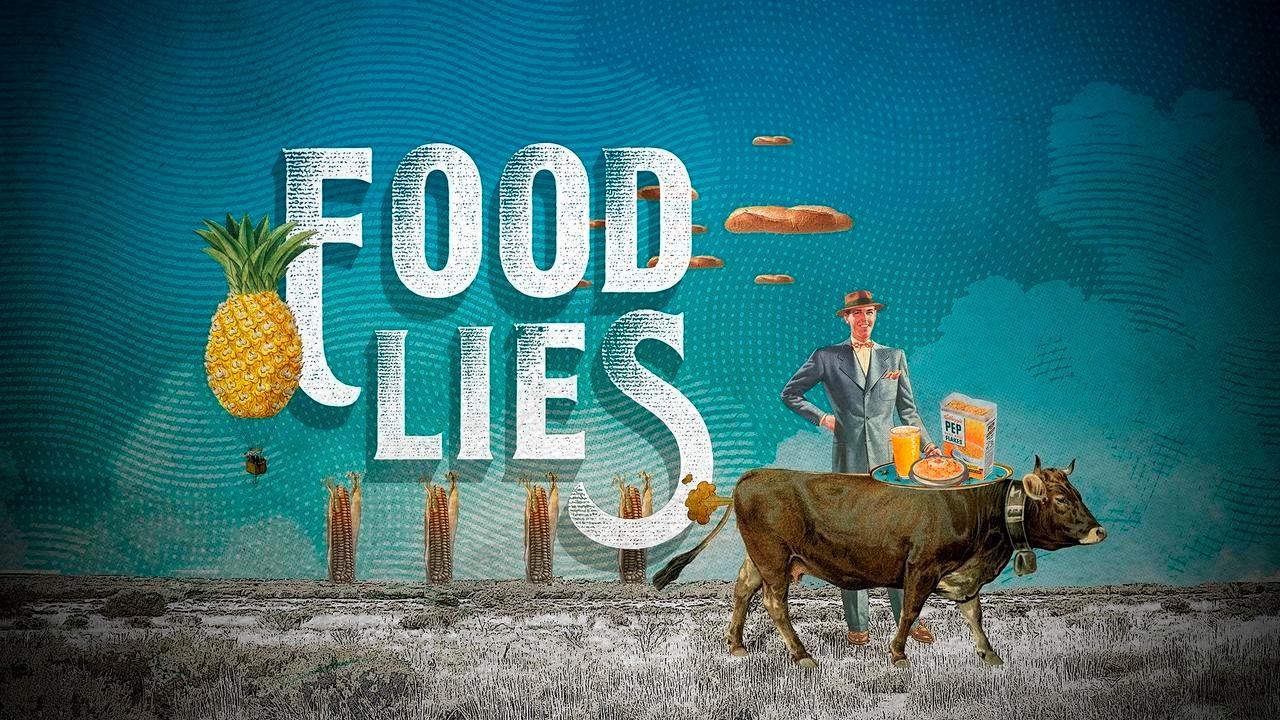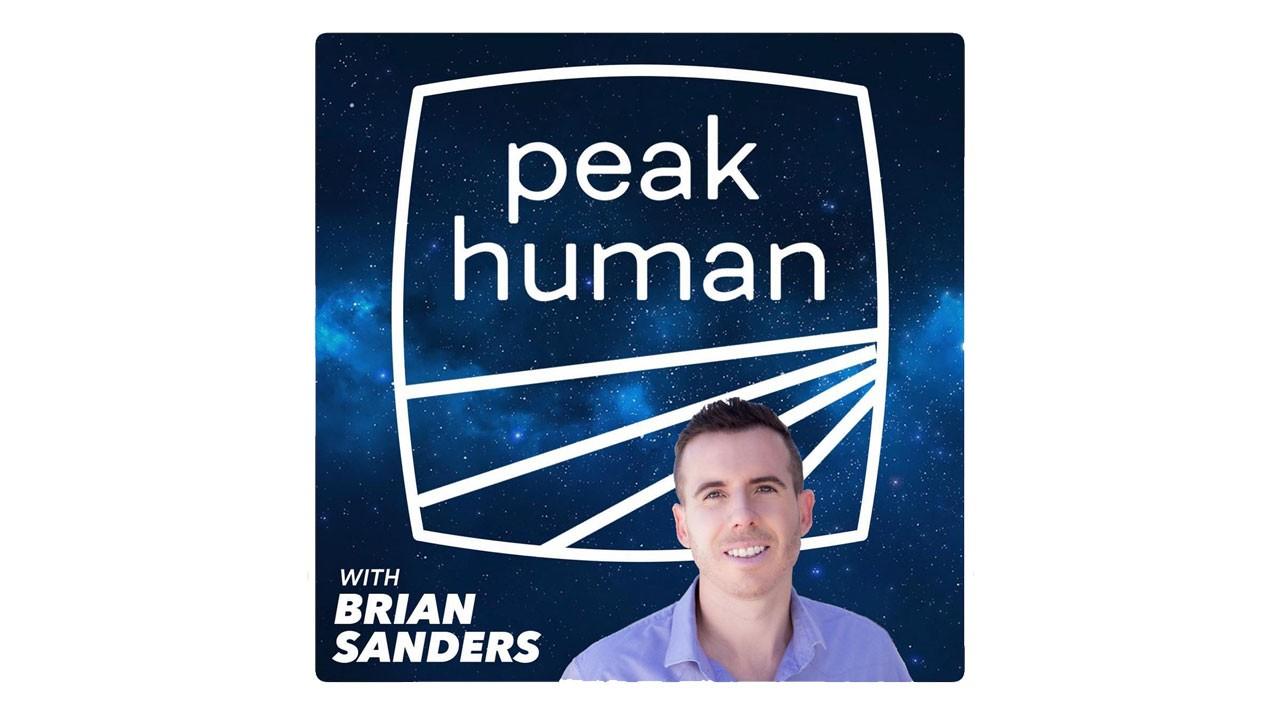



SAPIEN DIET
Leaving all dogma and bias out of the equation, the Sapien dietary strategy is based on nutrient density, millions of years of evolution, and modern science to give the ultimate framework for optimum health and nutrition.
-
There's no such thing as a "one size fits all" diet.
-
This is a set of guidelines and principles to live by.
-
This is how homo sapiens should eat.

The Dietary Landscape
The SAPIEN Framework is actually inclusive of many dietary strategies. Some of these can be done poorly and fall outside of the framework. The ideal SAPIEN Diet has the greatest nutrient density and provides the most health benefits.
3 Guiding Principles
1) Minimally processed, nutrient dense, whole foods
The most important part of the SAPIEN way of eating is comprising your meals of whole foods. That means almost nothing with ingredients lists. This means meat, poultry, fish & all other seafood, eggs, low-sugar produce, and full-fat dairy products.
Avoid all processed foods. This means anything in a box or bag, fast food, and most prepared foods. Worst of all are sugar, refined grains, and vegetable oils.
2) Focus on protein, embrace fat, minimize carbs
Protein is the building block of your body and also provides the most satiety. Every meal should be built around your protein. Eat high quality animal protein which is far more bioavailable than plant sources.
Fat should be embraced. For all of history (minus the last 60 year anomaly) fat has been sought after and prized as a cornerstone of our diet. It provides so many amazing benefits to our body and is our preferred fuel source. Healthy fats are those found in all animal products as well as fruit oils such as olive, avocado, and coconut. Just because they are healthy, doesn't mean you have a free license to gorge on them daily or put butter in your coffee.
Carbohydrates should be minimized as much as possible. They provide a ton of energy (empty calories) and not a lot of nutrients. They also tend to make you hungry again too soon. In combination with fat, they also tend to make people overeat. Since we know how beneficial fat is, carbs are the ones that have to go, unfortunately. Aside from being delicious, they really have no benefit.
Luckily most all nutrient dense foods are exactly this formula.
3) Condensed eating window
Eat for a shorter time each day by eating fewer, larger meals. You may have heard of this as Intermittent Fasting. Eating from the moment you wake up until you go to sleep is not good for your health and has likely not been done until modern times. Good things happen when you’re not eating. The body needs a break from digesting food to carry out processes on a cellular level and repair itself.
Also, the more times you eat the easier it is to overeat. A great remedy is to eat fewer times. Eat a satisfying meal full of protein, fat, and nutrients and you won’t be thinking about food for hours. Snacking will be unappealing and you can focus on work or other parts of life.
What is it optimized for?
You can lose weight a million ways.
People have lost weight eating McDonald’s daily, eating only Twinkies, or eating only plants. That doesn't mean it’s optimal, sustainable, enjoyable, or right for you.
The SAPIEN diet and framework helps you thrive instead of merely survive.
Weight Loss/Maintenance
Maintaining an ideal weight is paramount to optimum health. If you are eating the correct foods this comes naturally and doesn't involve tons of will power or constantly being hungry.
Nutrient density
We need better nutrition as a society. Traditional living people who are free of obesity and chronic disease have diets that contain 10-20 times the vitamins and minerals we do in the modern world.
Disease prevention
The best chance you have at preventing modern chronic diseases is to eat a nutrient dense diet, maintain an ideal weight, and keep control of your blood sugar. This dietary strategy accomplishes this and many also report not getting common colds or flus.
Satiety
This is why this way of eating is sustainable and allows you to lose weight. This plan helps you control your hunger, change your hunger signaling and hormones, and become free from food addiction.
Energy
No more afternoon naps. Refined carbohydrates cause this, especially processed grains and sugar. BY eating properly your energy is increased and stable over the day.
Brain Health
This way of eating optimizes your hormones, mental clarity, mood, and more. BY giving your body the correct building blocks
What is it based on?
The focus of this dietary strategy (not a diet) is optimum nutrition and satiety (feeling full). It is based on our evolutionary history, modern ancestral traditions, and modern science. We have the benefit of cherry picking the best principles from all these sources to make the ultimate nutrition plan.
The idea is that it is not a short term diet planned but rather a lifestyle. It incorporates many of the concepts and ideas involving many of the popular fad diets such as paleo, Keto, Whole 30 etc. The goal is to create a diet that is sustainable in today's modern world and gives people guidance to eat healthy and not suffer and feels as if there sacrificing on a daily basis
Many other diets provide initial weight loss, but are either nearly impossible to stick to long-term, and/or are inadequate nutritionally. The SAPIEN framework combats both of these with a nutrient dense strategy that can be done for life.
Specifically, what do I eat?
Nutrient dense foods containing the most complete proteins and bioavailable nutrients.
That means meat, animal fat, fish & other seafood, eggs, non-starchy vegetables, and low sugar fruit (avocado, cucumber, olives, for example).
Eating the whole animal is important. There is so much nutrition in animal fats, bone marrow, liver, organ meats and other offal, shellfish, mollusks, cod liver oil, fish eggs. All these “bits and pieces” were highly sought after for all of history by populations across the entire globe.
Fermented foods. such as kimchi and sauerkraut also have more nutrients, minimize naturally occurring toxins, and promote beneficial gut bacteria. Herbs & spices also contain many nutrients and beneficial compounds.
Full-fat dairy products such as grass fed butter and cheeses. Fruit oils such as olive oil, coconut oil, or avocado oil can be used as needed. Diversify your diet with nuts and seeds. Eat all of these things in smaller amounts.
It’s as simple as that. These are the nutrient dense foods humans have cherished for all of history as the pillars of good health.
What to avoid:
-
Sugar, refined grains, and vegetable oils
-
Fast food, any packaged foods, low fat products, sweetened beverages, and desserts
-
For most people (especially if they want the benefits of being fat adapted) most grains & starches, sugary fruit, and legumes should be minimized. Properly prepared (soaked, sprouted, or fermented) versions of these can be added in if you are at your goal weight, are physically active, or agree with your digestive system/needs.
The Optimum SAPIEN Diet
The SAPIEN framework (learn more below) covers many healthy versions of whole food diets, but there is a "sweet spot" that we like to focus on. This is a mostly animal-based approach with low anti-nutrient plant foods.
This means you are mostly fueled by animal fat, you get plenty of animal protein for its superior nutrition and satiety, and the plant foods you do eat are not doing you harm.
Many people don't realize how many harmful and nutrient-blocking anti-nutrients are in plant foods. Learn more about this here. Although people can tolerate most plant foods and we've been told they're the pillar of health for the past ~70 years, this is turning out to not exactly be true. Many people don't tolerate plant foods well and don't even know the damage they are causing, or have serious health issues arise from the ill-effects of these plant anti-nutrients over the years.
Many people need to avoid gluten, lectins, phytates, oxalates, and beyond. Most grains, leafy greens, legumes, nuts, and seeds have high amounts of one or more of these. Our ancestors knew this and over the millennia developed ways to decrease the anti-nutrients by soaking, sprouting, fermenting, and even nixtamalization.
The SAPIEN "sweet spot" is based around nose to tail animal foods including meat, fish, and eggs with plenty of animal fat, with some low anti-nutrient plants on the side such as avocado, mushrooms, fermented vegetables, onions, olives, and squash.

What about the environment?
Luckily, this way of eating actually helps the environment. Most people only have heard vegan propaganda which claims animal agriculture is destroying the world. In most cases it’s actually the opposite.
Animals are a part of regenerative agriculture that builds soil health and takes carbon from the air and puts it back into the soil.
Learn more at Savory.global and SapienMovement.com
What is "Nutrient Density"?
The proper definition of nutrient density is:
The amount of bioavailable essential amino acids, fatty acids, vitamins, and minerals in a food
Across the board, animal foods have higher bioavailable nutrients (nutrients that your body is actually able to use) than plant foods. Plant foods still have some benefits and should be included in your diet.
Grains, starches, legumes, and a lot of fruit are actually not that nutrient dense. They contain a lot of carbs and sugar, but surprisingly few vitamins and minerals. This means they are more energy dense than nutrient dense. The protein and micronutrients also aren't as complete or bioavailable.

Physician Supervised Health Programs
Designed for individuals seeking to make a meaningful change and take control of their health

Food Lies
The sordid history of our dietary guidelines, what we should be eating, and how to do it sustainably

Peak Human Podcast
PEAK HUMAN is an ad-free audio series with leading experts on nutrition.


